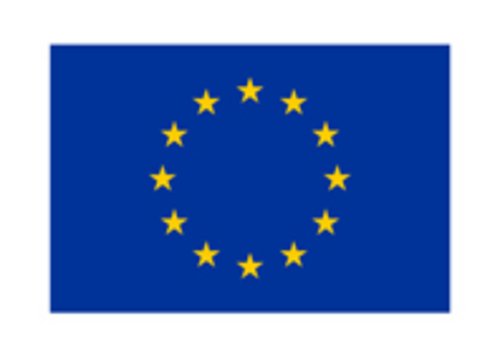FlexiFuel-CHX
Development of a Fuel Flexible and Highly Efficient Ultra Low Emission Residential-Scale Boiler with Coupled Heat Recuperation Based on Flue Gas Condensation
The EU Horizon 2020 project "FlexiFuel-CHX" aims at the development of a new fuel flexible and highly efficient residential biomass heating technology (20 - 130 kW). It is based on the Windhager UleWIN wood chip and wood pellet boiler concept consisting of a fixed-bed updraft gasifier directly coupled with a low-NOx gas burner and a hot water boiler, which shall be further developed for fuel flexible operation (utilisation of forest residues, short rotation forestry (SRF) crops, miscanthus, olive stones, nut shells and agro-pellets). Moreover, a compact flue gas condensation system with integrated condensate neutralisation, also capable to operate with highly acidic flue gases from agricultural fuel combustion, shall be developed to increase the efficiency of the whole system. An advanced control system as well as measures for improved system integration shall additionally increase the annual utilisation rate. These objectives are very relevant for highly efficient and fuel flexible residential heat production at almost zero CO and OGC emissions, by 50% reduced NOx emissions (compared with conventional boilers) as well as ultra-low PM emissions below 13 mg/MJ (even when utilising K-rich fuels). Since this shall be reached by primary measures only, fuel flexible heat generation will be possible at reduced heat generation costs in comparison to present heating systems.
To fulfil these goals an overall methodology shall be applied which is divided into a technology development part (based on process simulations, computer aided design of the single units, test plant construction, performance and evaluation of test runs) as well as a technology assessment part covering risk, techno-economic, environmental and overall impact assessments, market studies regarding the possible potentials for application of the new technology as well as dissemination activities. Within the consortium, the Wuppertal Institute is responsible for the environmental and overall impact assessment as well as for dissemination activities.
This project has received funding from the European Union's Horizon 2020 research and innovation programme under grant agreement No 654446.

